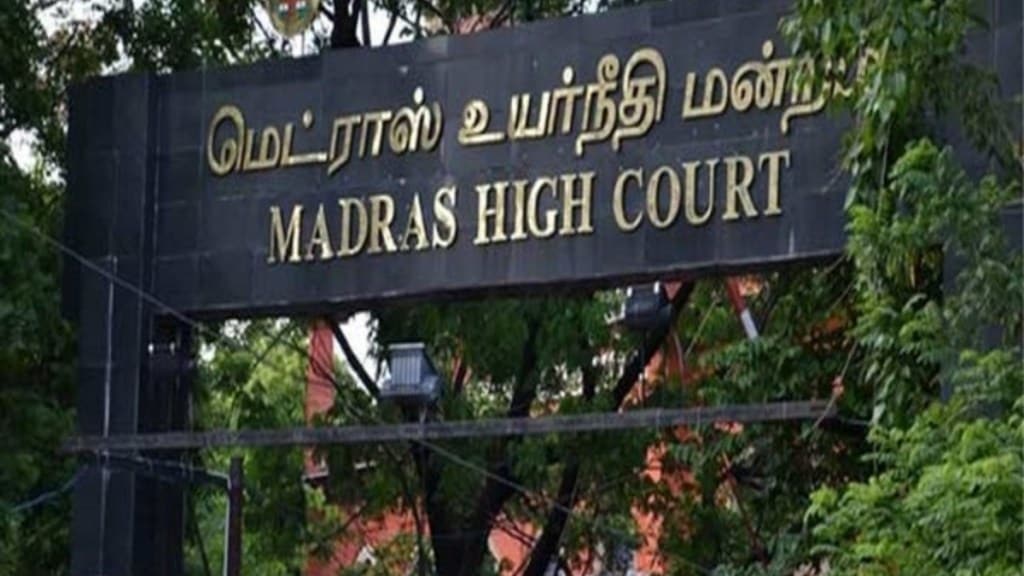The Madras High Court has ruled that the principle of communal reservation, which includes reservations for Scheduled Castes (SC), Scheduled Tribes (ST) and other Backward Classes (OBC), does not apply to minority institutions. This decision was delivered by the first bench, consisting of chief justice S V Gangapurwala and justice P D Audikesavalu. The ruling comes as a result of a partially successful appeal and petition filed by justice Basheer Ahmed Syed College for Women (Autonomous) in the city. The college had challenged a November 2021 order that denied the extension of religious minority status to the institution, according to an official statement.
The college also sought a directive to issue a Permanent Religious Minority status certificate. While reservations were mandated for socially and educationally backward classes, as well as for SC and ST in educational institutions, the bench pointed out that minority educational institutions were deliberately excluded from the purview of Article 15(5) of the Indian constitution, the statement mentioned.
The bench highlighted that Article 15(5) of the constitution does not grant the state the authority to compel a minority educational institution to admit students from SC, ST or OBC. Instead, a minority institution is allowed to admit 50% of its students from the minority community and the remaining 50% from other communities, the statement added.
Therefore, the bench concluded that the policy of Communal Reservation, which includes reservations for Scheduled Castes, Scheduled Tribes, and Other Backward Classes, cannot be enforced in the case of minority institutions.
The court has overturned the government’s order that denied the extension of Religious (Muslim) Minority status to the petitioner institution. The court stated that if the petitioner institution fulfills all other requirements, the authorities must allow the college to operate as a minority educational institution, unless the National Commission for Minority Educational Institutions has revoked its minority status, it added.
The bench emphasised that Minority status is not limited by a specific time frame; therefore, it is not for a restricted duration. Additionally, in the remaining 50% of the seats, which are filled based on merit from the general category, students from the minority community are also eligible to compete and be admitted based on merit. Importantly, these admissions from the minority community based on merit will not be counted within the 50% threshold reserved for minorities, as clarified by the bench.
With inputs from PTI.

